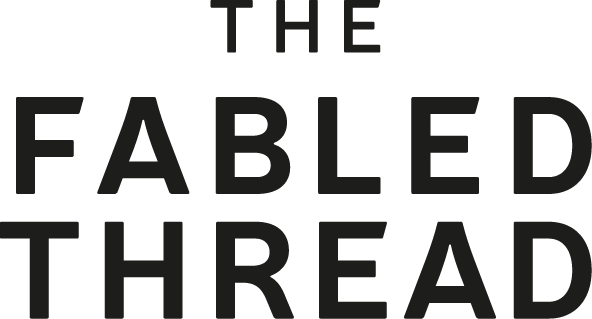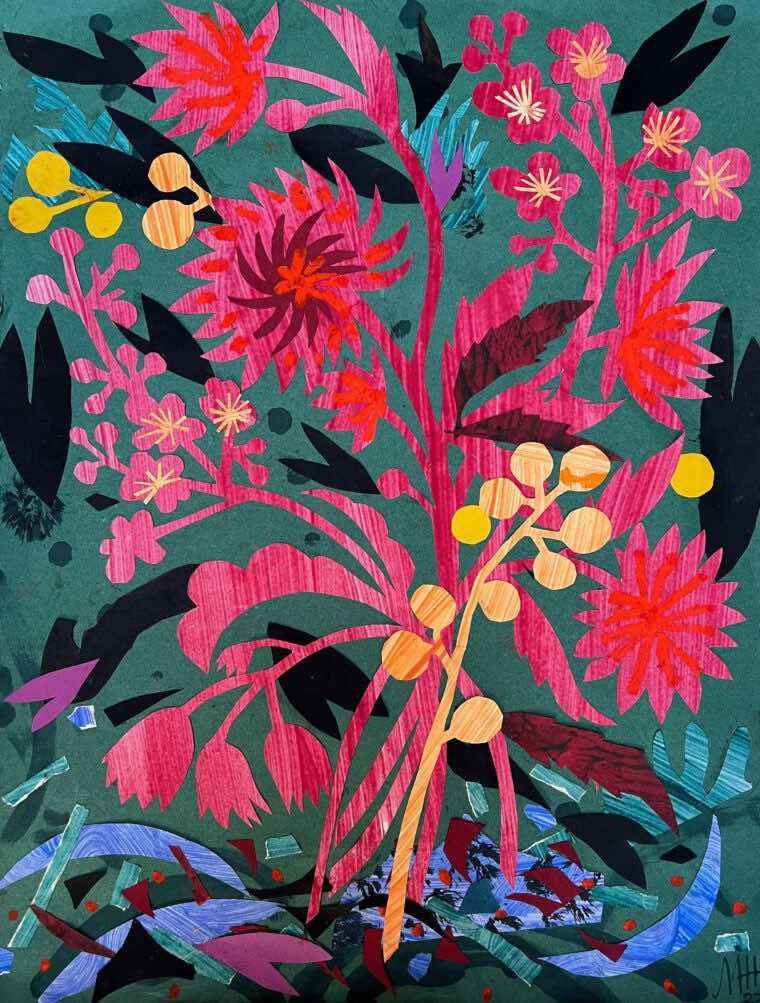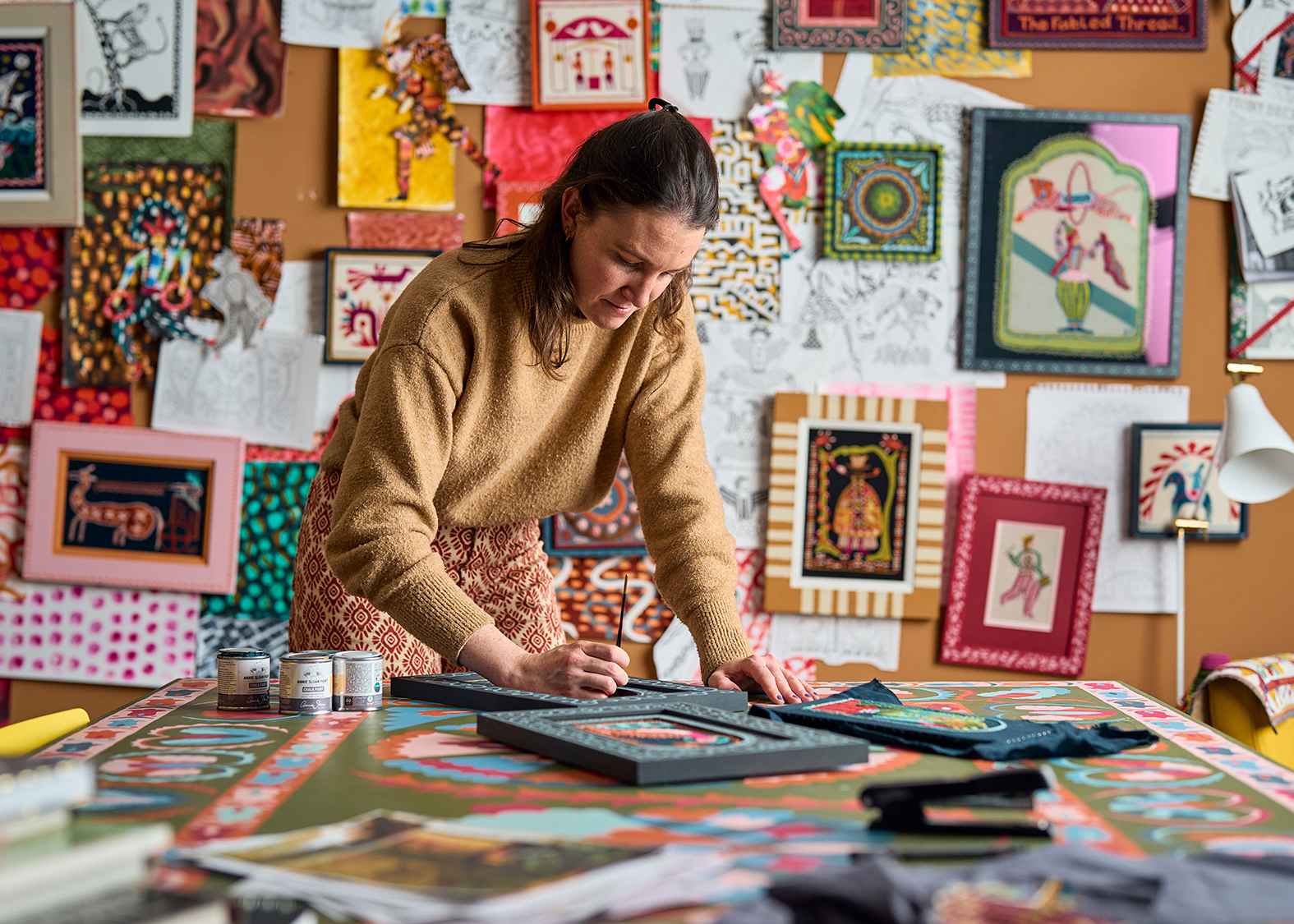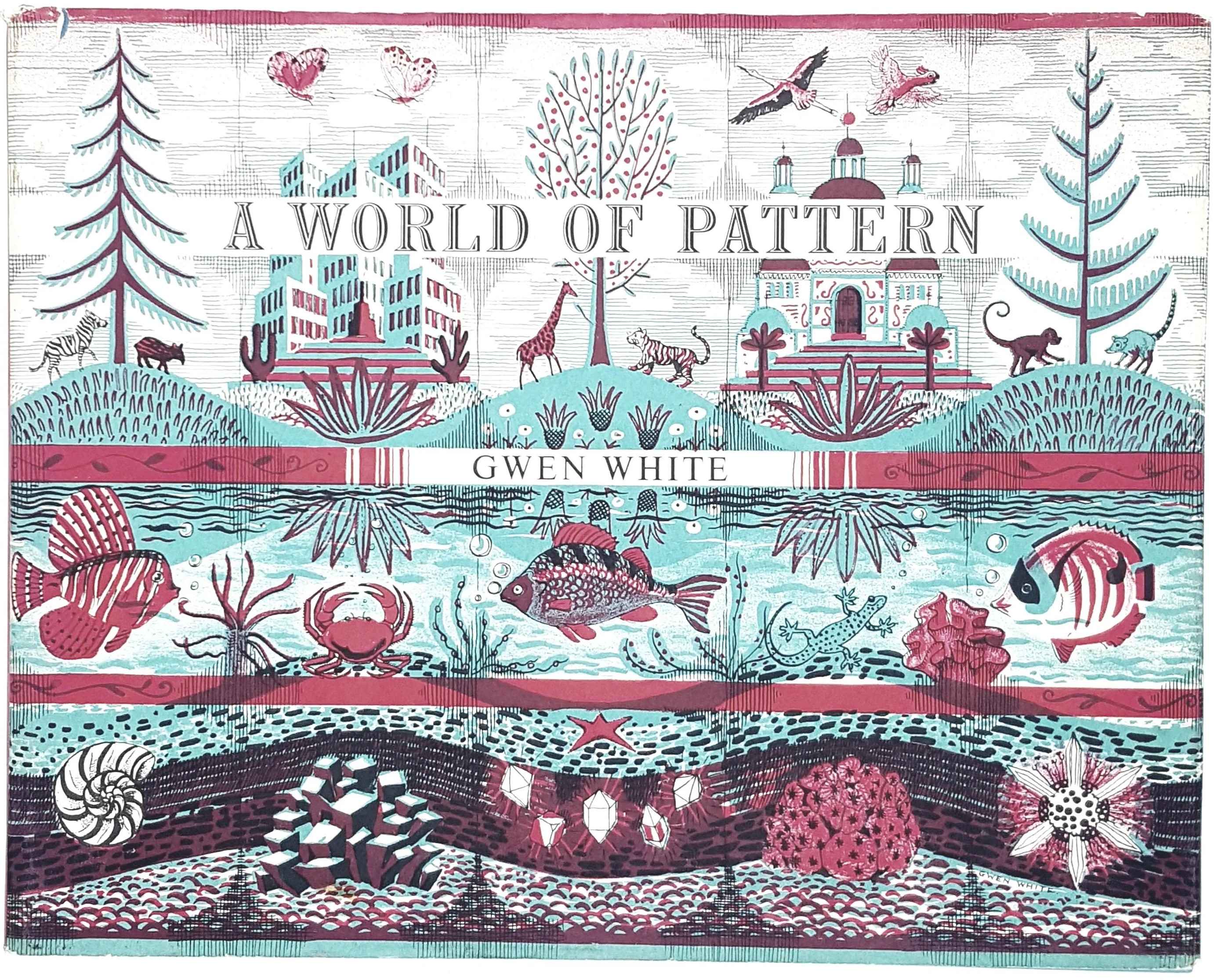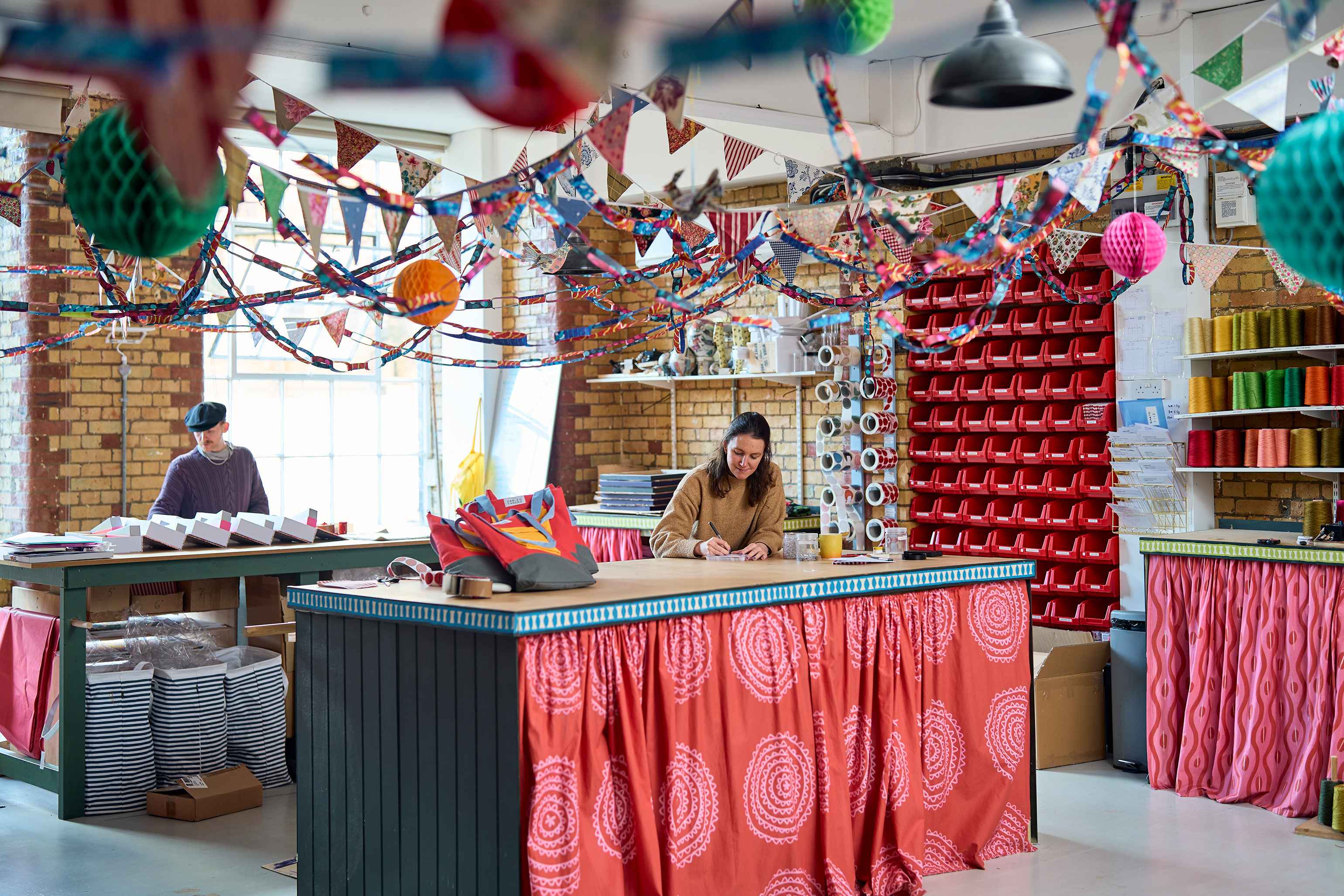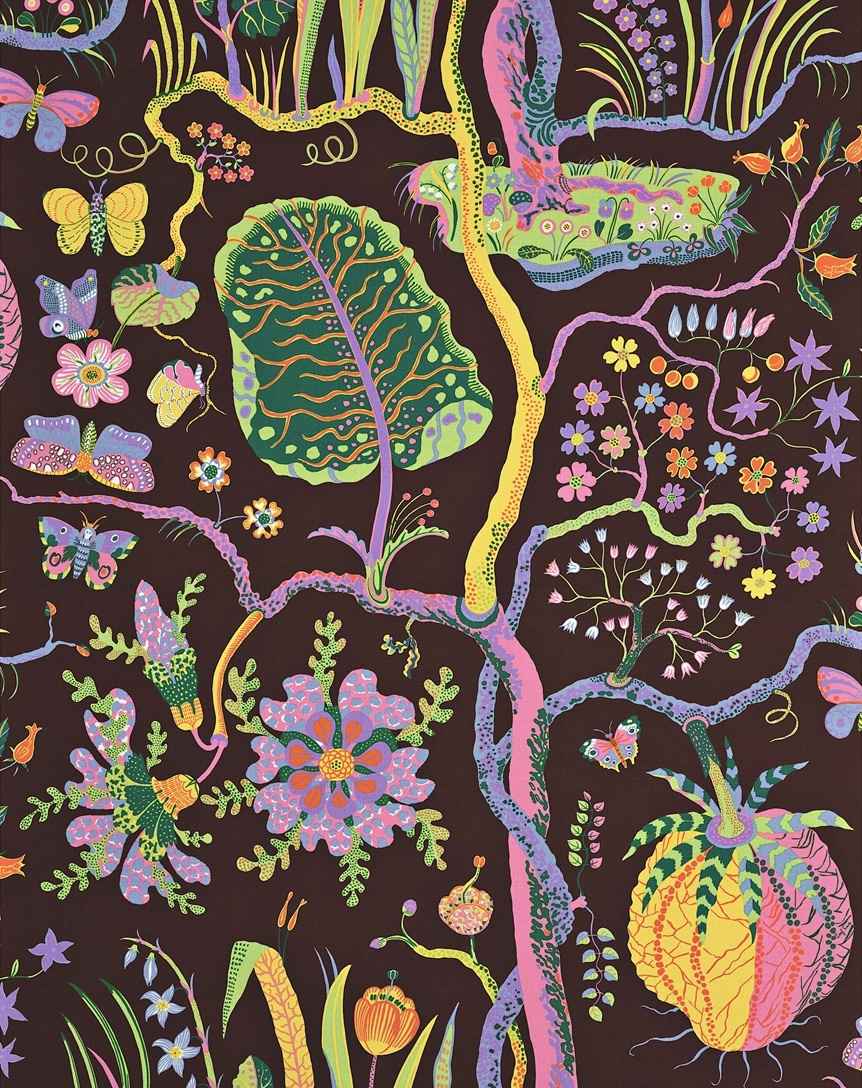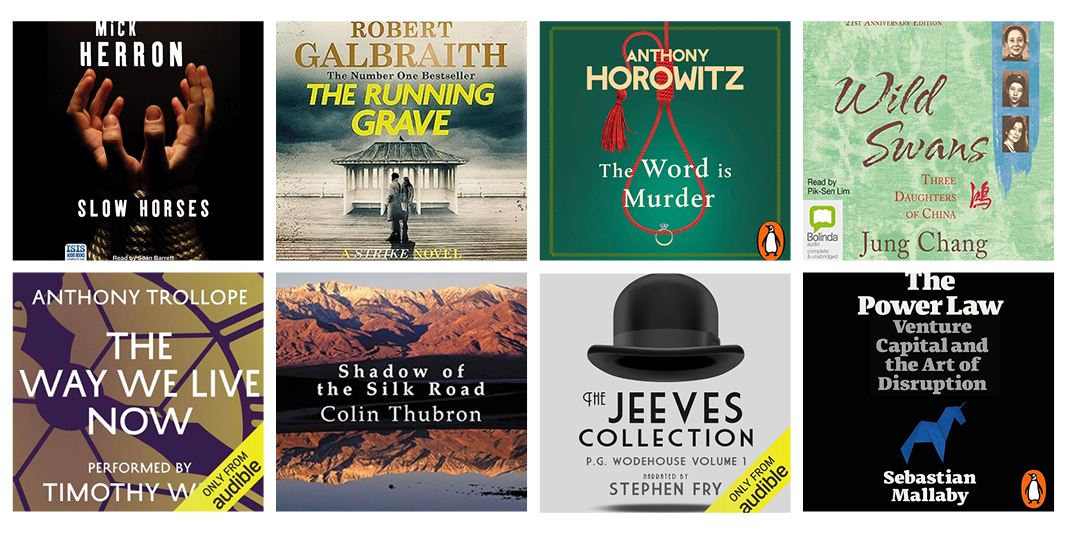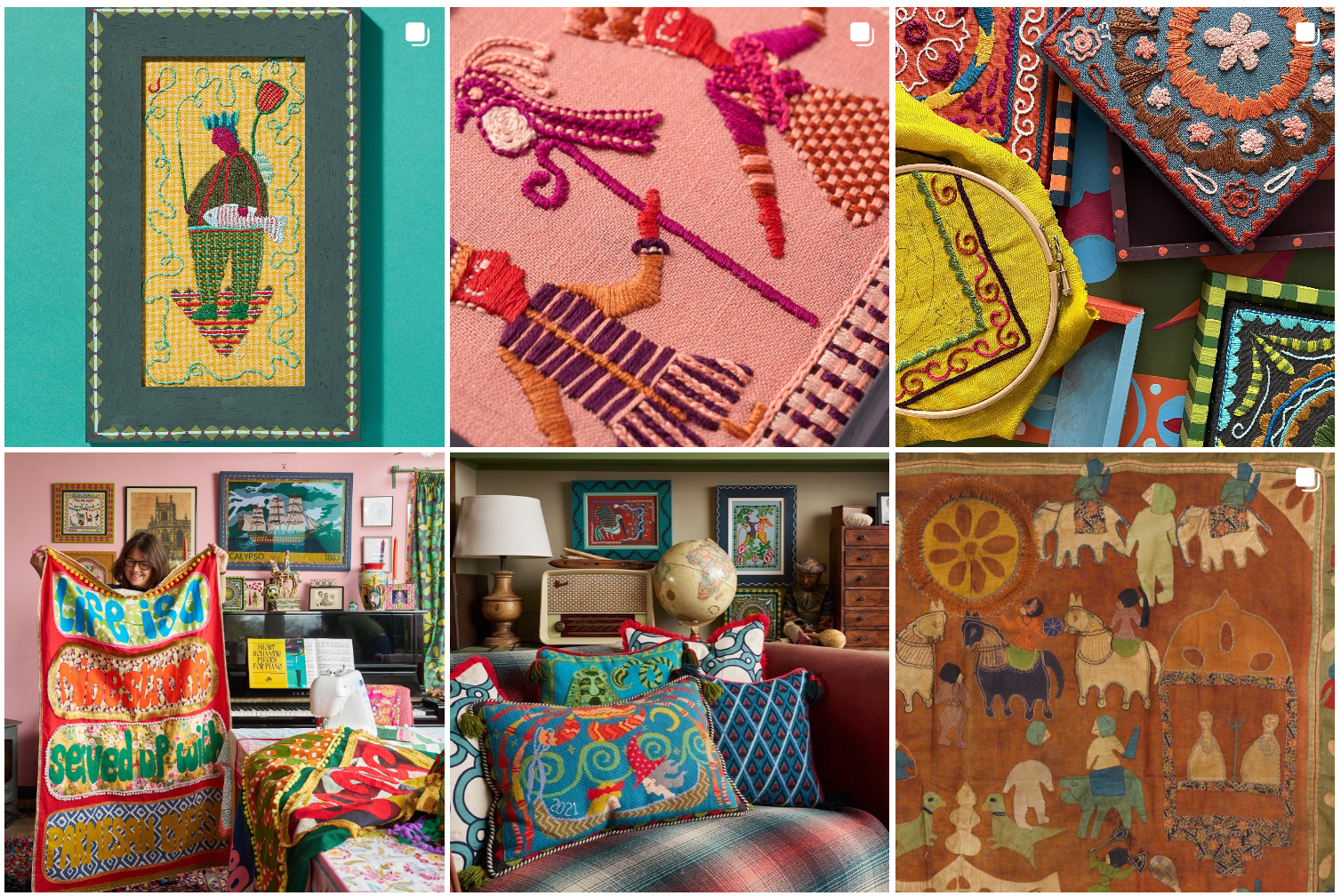
The Sliding Scale of Creative Confidence
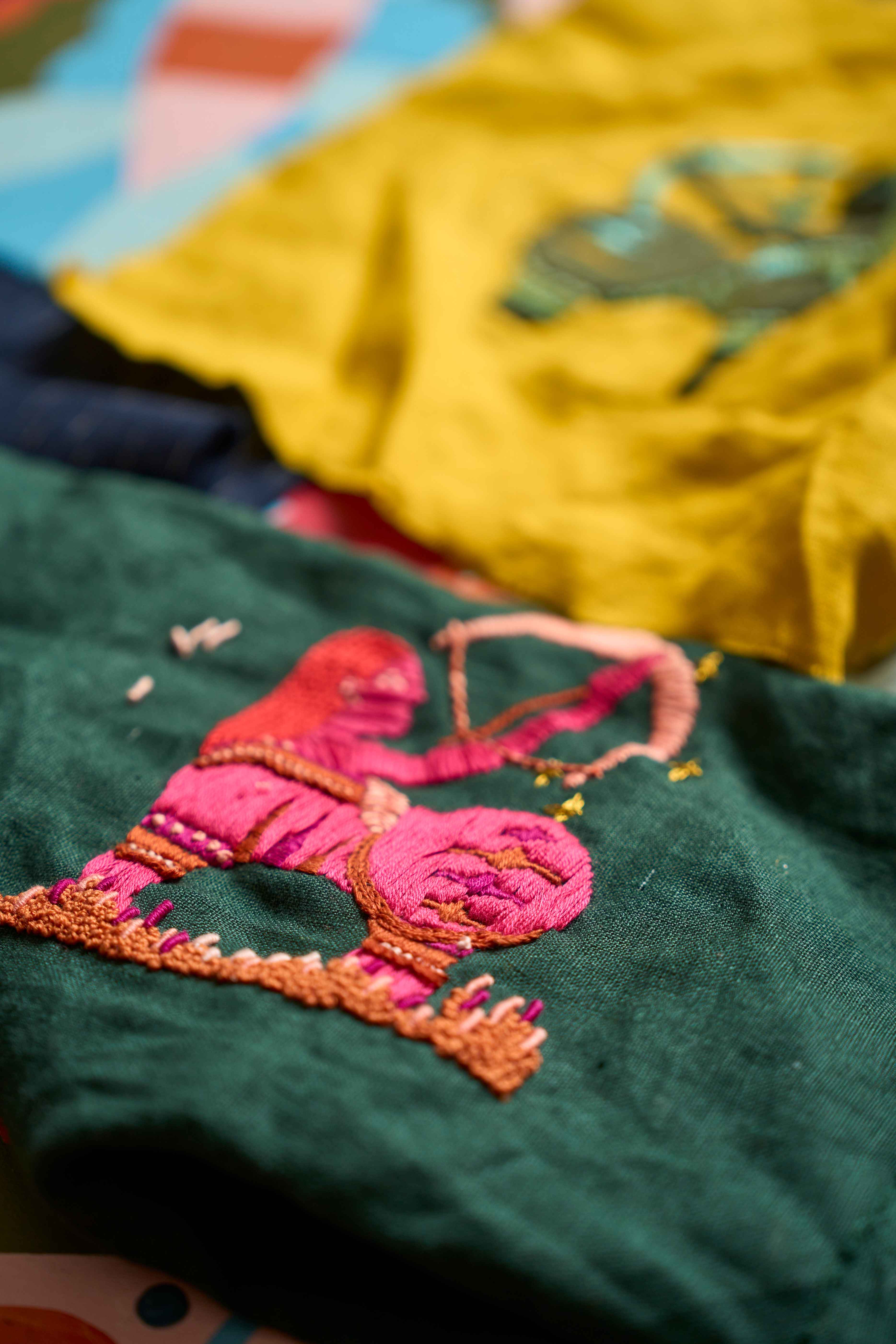
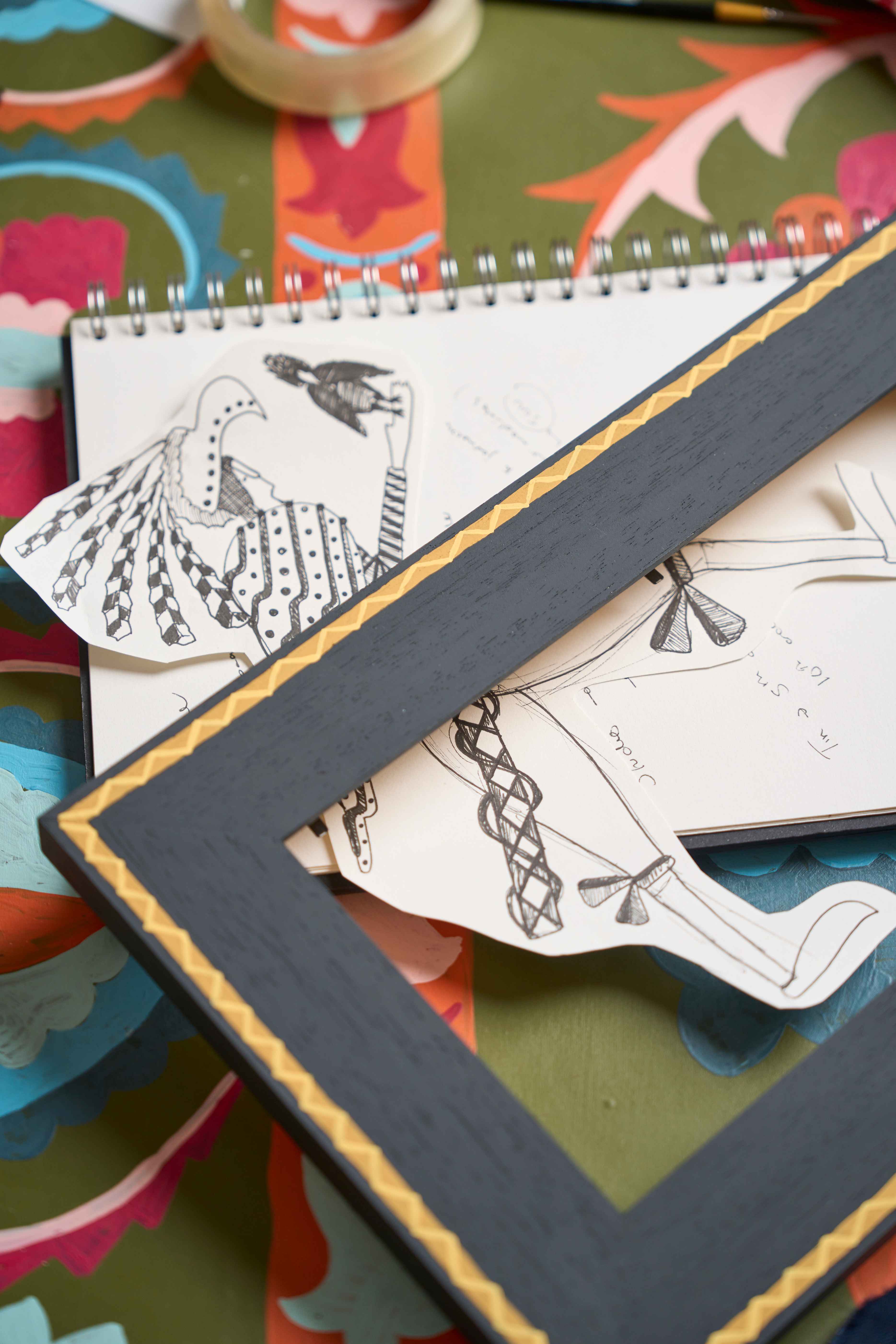
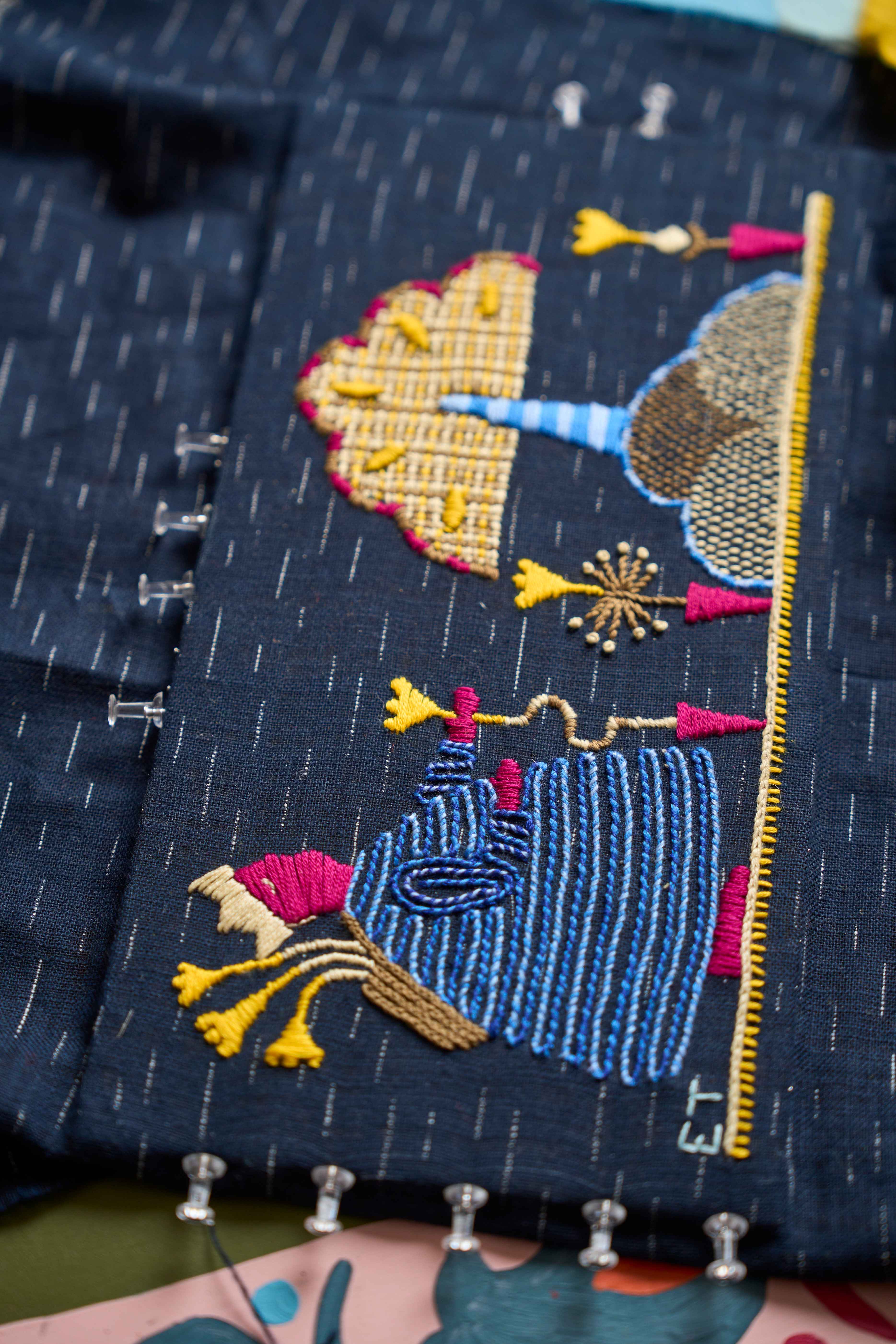
I am a firm believer that everyone is creative, we just have differing levels of confidence. There is no 5-year old who questions whether they are creative or if drawing is an activity they are capable of, however, from that age onwards it’s a downhill slope. I listened to the illustrator Chris Riddell’s Desert Island Disks a few years ago talking about how creativity is destroyed the moment we start comparing ourselves; we all feel very capable at the age of 5 because we don’t question whether our elephant is as good as Susie’s elephant, we just get on with it. Once we start comparing ourselves, we start doubting ourselves, and then eventually we stop believing we can do it too. Creativity is a sliding scale of confidence.
I was incredibly lucky as a child to have never been told I wasn’t creative – from my parents, to my teachers, to my friends, I was surrounded by encouragement. Despite a small period during university, I kept up creative activities and so that confidence never wained. That’s not to say I have always felt like I am good at things – life drawing classes in recent years have been some of the most depressing experiences - but I just have a feeling that if I put the time into a creative pursuit, I’ll be able to do it. It’s the reason I didn’t doubt starting The Fabled Thread despite only having been stitching for 3 months. I say this not to show off or say aren’t I wonderful, but more to say the only thing I think that has given me this confidence is the people who surrounded me as I grew up and those who encourage me day-in-day-out now... aka you!
The very nature of selling kits means our customers are generally somewhere in the middle of that sliding scale of creative confidence. If you were at the top of the confident end, in all likelihood you wouldn’t turn to a kit – you would just go buy the fabric and threads, and design your own pieces from the off. If you were at the lower end, then chances are you aren’t coming anywhere near this website because the idea of anything creative has taken you a million miles out of your comfort zone.
My mission is to help everyone progress up the scale – I want to take the fear out of the first creative venture, show you what you can do, and encourage you to slowly take risks and expose yourself a little more. I want you to start with a kit, but the dream is you finish with your own fabrics and threads. I know I am doing my job well when I see a customer who previously bought a kit, come back to buy just the raw materials. That’s when I feel proudest.
So, with the idea in mind that everyone is creative and we just need a pep talk to have faith in ourselves, I want to do a little bit of creative myth busting. In the process I hope to show you see that all those highs and lows you may have with the creative process are completely normal!
Lets’ start with the biggy – the idea that creativity is either in us or it isn’t, and it’s just bad luck if it isn’t. It suggests that creativity can’t be taught or developed, and if you haven’t discovered you are creative as a child then you can’t turn to it in later life. This is the one that the education system all too often fails on.
However, I firmly believe creativity can be cultivated and, like any other skill, it can be developed through practice, teaching, guidance and structure. The key is to be patient. Like any skill, it takes time to learn. Don’t expect your first creations to be pieces you are proud of, allow them to inform and guide you for the next, knowing that it takes time and that is normal. Little by little, you will find you start liking your work more!
Often the idea of creativity is simplified down to what our GCSE’s told us were creative subjects– drawing, painting, music, writing – however there are so many more ways we display our creativity in everyday life. Through our cooking, our problem-solving, how we decorate our houses, how we dress ourselves, the way we write, how we tell stories, the music we choose to listen to. Don’t allow drawing to be the measure of your creativity! Remind yourself each day of the little things you have done which have required creative thinking and let that start build your confidence.
We tend to have an image of an artist working madly in a studio – the work is spontaneous, unpredictable and slightly wild. Whilst there are some artists who work in this manner, from my experience, it is not the majority. Instead, every creative I know has a process. This process may be unique to them but it’s still a structure that helps them keep a grip on their work. It can be as small a part of their process as ways to mix colours, or, like in my case, it can be a structure that carries them the entire way through from generating an idea to creating the finished piece. That structure doesn’t mean you aren’t being creative, but it just means you have learnt how to create an environment that gets the best out of you. My number one piece of advice for anyone at the outset of trying to find their own aesthetic, is to start finding yourself a structure. That way you can keep track of what you have tried, what has worked for you and what doesn’t. Overtime the whole creative process will get quicker and quicker, and next thing you know the structure is total subsumed within your creative practice.
My most formative creative experiences have always been in classes. Being surrounded by others, being guided by those who understand the processes, feeling encouraged by seeing what others are making and experiencing the pressure of the structure and deadline. Whether that’s in the format of a formal workshop or classes, or more informal days spent making with my family or friends, or just conversations. Those experiences of making with others or talking about art have helped give me confidence for the times when I am in a room alone. However more often than not creativity is seen as a solo exercise. The tortured artist working along in a room into the early hours. Collaboration, seeing other perspectives, feeding off others enthusiasm is one all mighty way to build your confidence.
In the same vein as creativity being seen as unstructured, we also often imagine it being a plateau with sporadic eureka moments. You try lots of different things and suddenly it all comes brilliantly together. Whilst there are moments when I’ll try something and feel a buzz of excitement, in my experience it’s always gradual. That buzz of excitement has never come entirely out of the blue. It will have built from an earlier piece I made, which I slightly adjusted and worked at again, and again, and then “suddenly’ I have it. That could be a month down the line, that could be 3 years down the line, either way, under no definition could it really count as “sudden”. Generally, we will build on fragments we love in earlier work, be it a particular shape, a particular colour, a particular composition.With each iteration and decision we make, we get closer and closer to the “eureka”. However, there is nothing sudden about any of it!
Regardless of what medium you are working in (food, writing, painting, sewing etc), at times the process can be intensely painful… its stressful, its demoralising, its time consuming, it’s scary and it can be hard to stave off the insecurity. Creativity involves experimenting, learning from mistakes, and embracing imperfections… all three of which can be very painful to do. We can feel like we should enjoy it all the time – if it’s a hobby for you, it’s meant to be your fun time – if it’s your profession, you are supposed to love what you do. That pressure and expectation can make it hard to accept the reality at the times when it is tough. Whereas I think if we were taught to go into the creative process expecting it to be emotionally draining at times, and to know that is something everyone experiences, then we would be better equipped to power through those periods and get to the other side. It’s one of the reasons I strongly believe it’s important to have a structure to your methods as it means you aren’t tempted to give up when the going gets tough.
Finally, like any group of people, at times “creatives” can be judgemental. To not want to be creative can be seen as something shameful. However, exploring our own creativity is just one of the various interests we can enjoy in life, and certainly not something everyone should have to do! There are many many wonderful things which I have no real interest in – theatre, exercise, fashion, adventurous travel, spirituality, films, life drawing, new music… the list goes on. Do I feel a little ashamed that I am not interested in these? Yes. Will some people judge me for my lack of interest? Of course.
Whilst there are certain activities that I force myself through because I know it’s good for me (take exercise for one), it’s never going to be my passion. And try as I might (and believe me with some of these in the list I have tried very hard), I haven’t been able to get passionate about it. Being creative is no different to that. Our unique interests is what is special and makes us each individually interesting – so we shouldn’t have to fake it. If after months and months of trying a hobby, it all still feels like a chore, then allow yourself to be accept that and move on!
